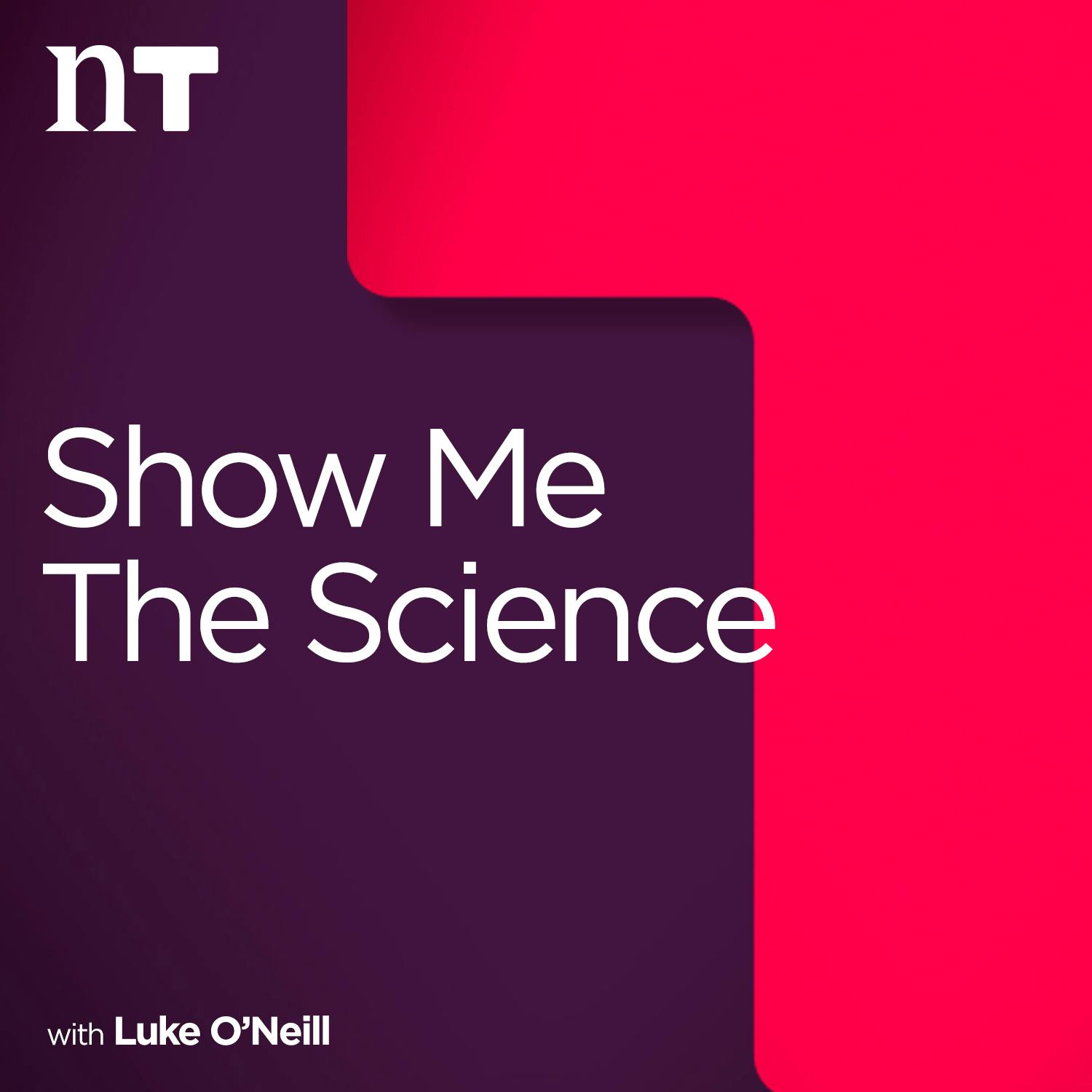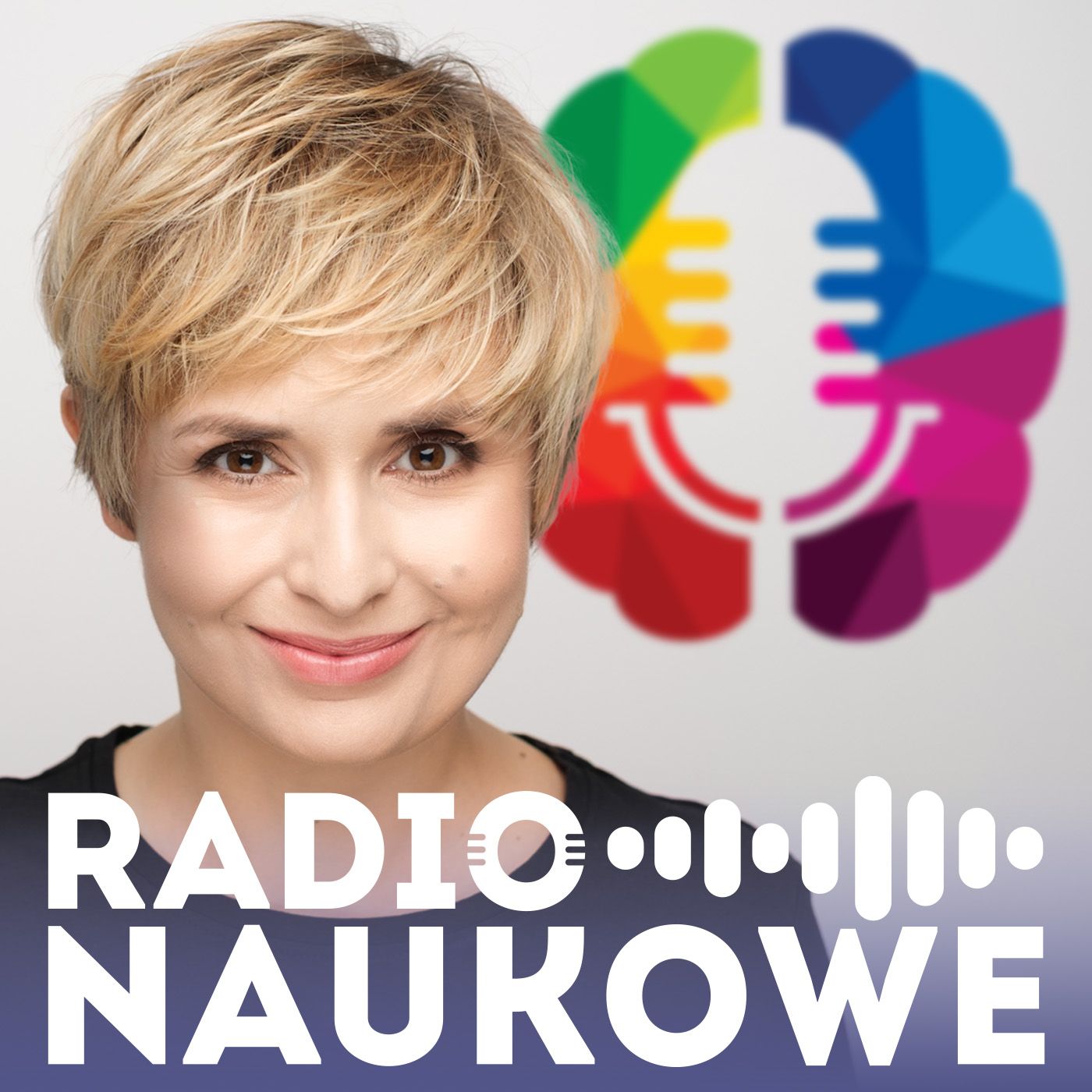The Urge to Blame | Wired for This - American Scientist Podcast
Description
Emma Levine and Shereen Chaudhry join this episode of Wired for This.
The transcript for this episode will be available the day following the airdate.
Links/Sources mentioned:
HOPE LAB, led by Dr. Levine and Dr. Chaudhry with Dr. Erika Kirgios and Dr. Jane Risen
Some relevant HOPE LAB research from Dr. Shereen Chaudhry:
Chaudhry, S.J. & Loewenstein, G. (2019) “Thanking, apologizing, bragging, and blaming: Responsibility exchange theory and the currency of communication.” Psychological Review, 126(3), 313-344.
Chaudhry, S.J. & Wald, K.A. (2022) “Overcoming listener skepticism: Costly signaling in communication increases perceived honesty,” Current Opinion in Psychology, 101442.
Molnar, A., Chaudhry, S.J., & Loewenstein, G. (2023) “’It’s not about the money. It’s about sending a message!’: Avengers Want Offenders to Understand the Reason for Revenge,” Organizational Behavior and Human Decision Processes, 174, 104207.
Chaudhry, S. J., & Burdea, V. The apologizer’s dilemma: Two-sided transgressions introduce concerns about relative blame. Preprint.
And from Dr. Emma Levine:
Jensen, S., Levine, E., White, M., Huppert, E., Bartels, D., Berman, J., Dietvorst, B., Epley, N., Gaertig, C., Graham, J., Herzog, N., & Landy, J. Lying is sometimes ethical, but honesty is the best policy: The desire to avoid harmful lies leads to moral preferences for unconditional honesty. Preprint.
Levine, E. E. (2022). Community standards of deception: Deception is perceived to be ethical when it prevents unnecessary harm. Journal of Experimental Psychology: General, 151(2), 410.
Levine, E. E., & Lupoli, M. J. (2022). Prosocial lies: Causes and consequences. Current Opinion in Psychology, 43, 335–340.
Levine, E., & Munguia Gomez, D. (2021). “I’m just being honest.” When and why honesty enables help versus harm. Journal of personality and social psychology, 120(1), 33.
Levine, E. E., Roberts, A. R., & Cohen, T. R. (2020). Difficult conversations: navigating the tension between honesty and benevolence. Current Opinion in Psychology, 31, 38–43.
Levine, E. E., & Wald, K. A. (2020). Fibbing about your feelings: How feigning happiness in the face of personal hardship affects trust. Organizational Behavior and Human Decision Processes, 156, 135–154.
Levine, E. E., & Cohen, T. R. (2017). You Can Handle the Truth: Mispredicting the Consequences of Honest Communication. SSRN Electronic Journal.
Lupoli, M. J., Levine, E. E., & Greenberg, A. E. (2018). Paternalistic lies. Organizational Behavior and Human Decision Processes, 146, 31–50.
Levine, E. E., Hart, J., Moore, K., Rubin, E., Yadav, K., & Halpern, S. D. (2017). The Surprising Costs of Silence: Asymmetric Preferences for Prosocial Lies of Commission and Omission. SSRN Electronic Journal.
Other relevant studies:
Zhu, J., & Molnar, A. The End of Writing as We Know It? Generative AI May Undermine the Social Signaling Function of Writing. Preprint.
Timmermans, E., Hermans, A.-M., & Opree, S. J. (2020). Gone with the wind: Exploring mobile daters’ ghosting experiences. Journal of Social and Personal Relationships, 38(2), 026540752097028.
Eyal, T., Steffel, M., & Epley, N. (2018). Perspective mistaking: Accurately understanding the mind of another requires getting perspective, not taking perspective. Journal of personality and social psychology, 114(4), 547.
Wald, K. A., Kardas, M., & Epley, N. (2024). Misplaced divides? Discussing political disagreement with strangers can be unexpectedly positive. Psychological Science, 35(5), 471-488.
Dungan, J. A., & Epley, N. (2024). Surprisingly good talk: Misunderstanding others creates a barrier to constructive confrontation. Journal of Experimental Psychology: General, 153(3), 779.
Rogers, T., Zeckhauser, R., Gino, F., Norton, M. I., & Schweitzer, M. E. (2017). Artful paltering: The risks and rewards of using truthful statements to mislead others. Journal of personality and social psychology, 112(3), 456.






















